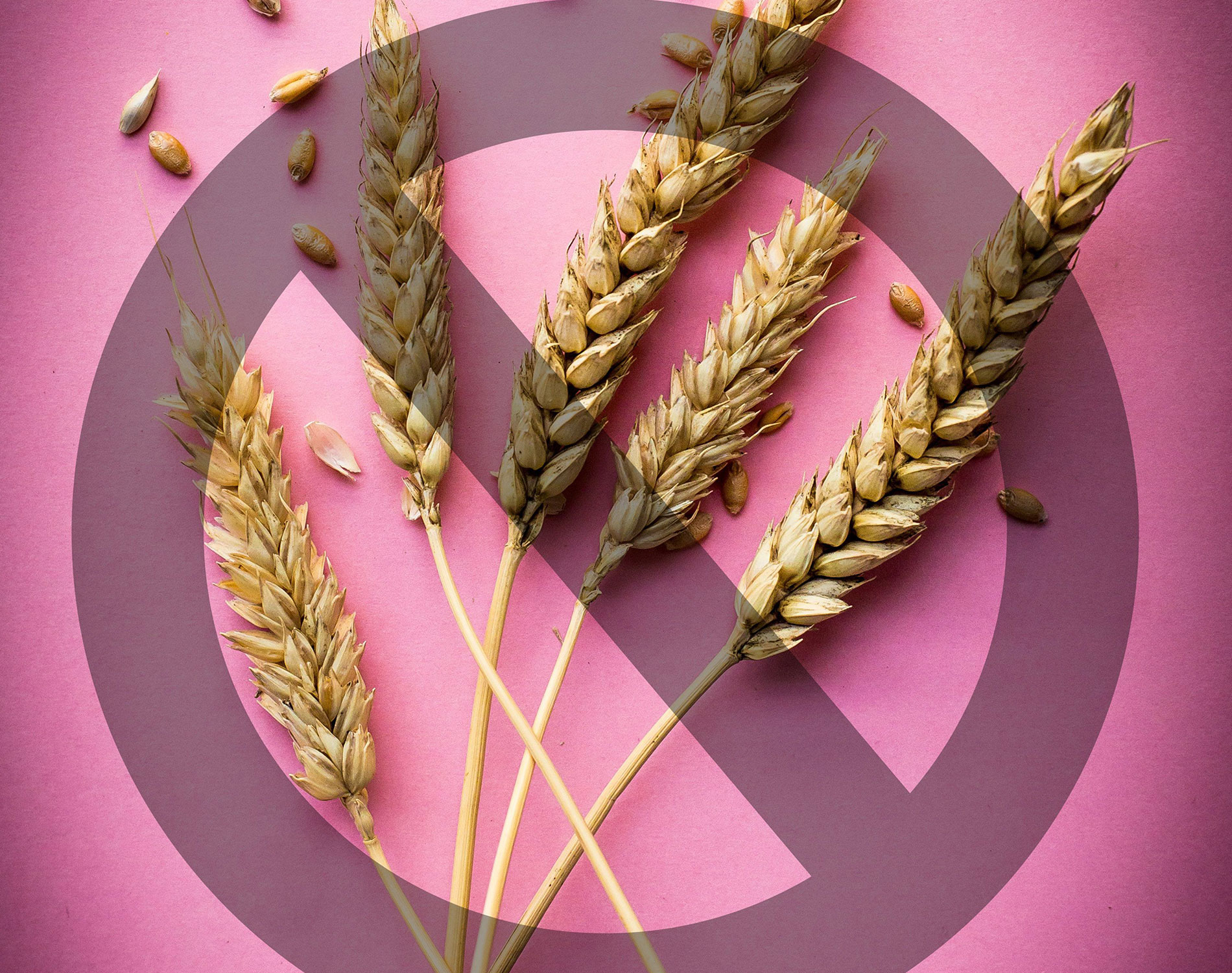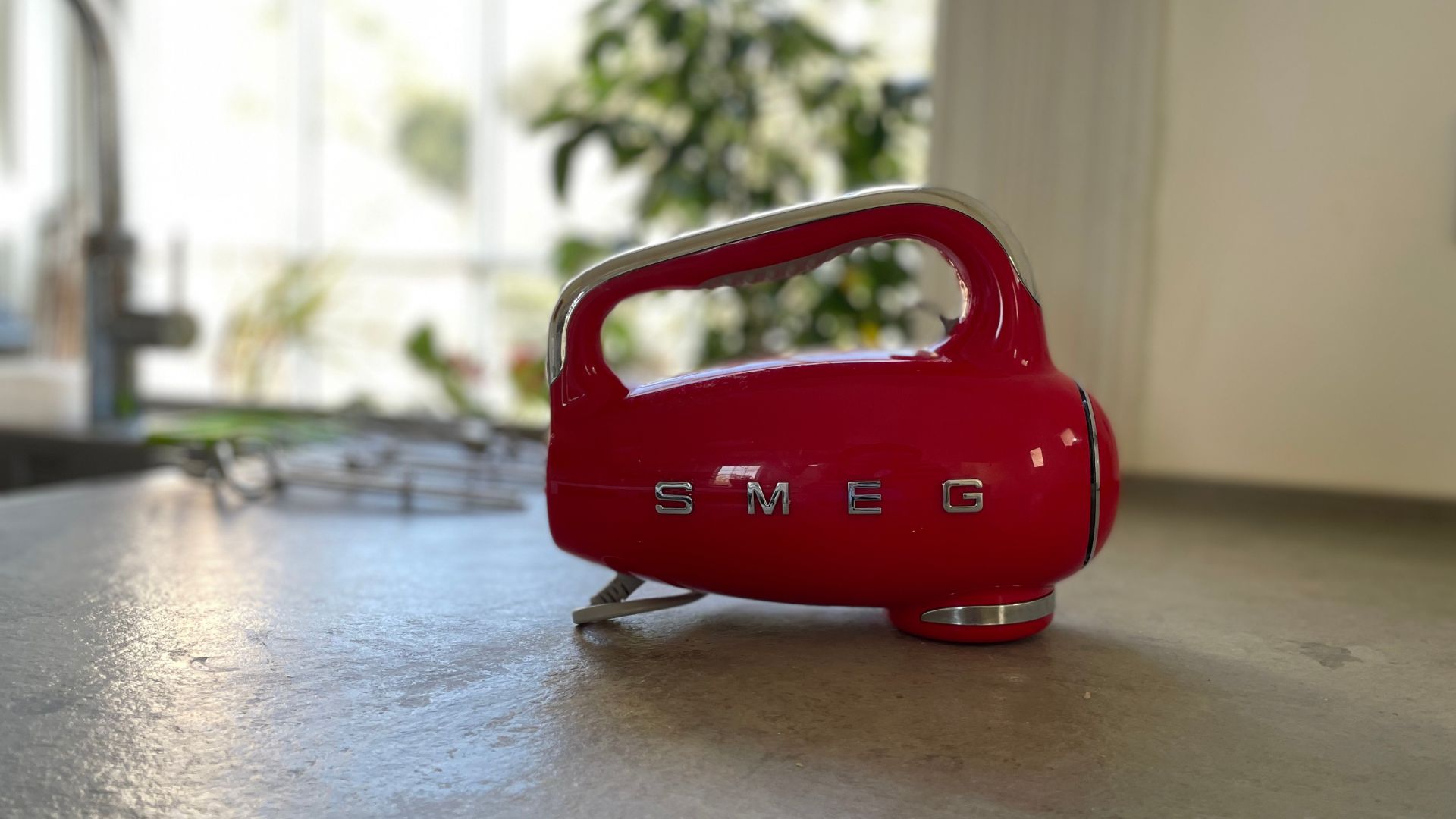Is gluten actually bad for you? Should you cut it out of your diet?

60 per cent of us have bought a gluten-free product. 15 per cent of us are attempting to cut gluten out of our lives entirely.
And more than half of us believe a gluten-free diet is healthier. After all, gluten's detractors have linked it with everything from autism to Alzheimer's disease. But actually, is gluten bad for you? We sort the facts from the fiction...
What is gluten?
Gluten is made up of two protein groups (gliadin and glutenin) which come together when flour and water are mixed to form dough. It's found in whole grains like wheat, barley and rye.
What food has gluten?
Gluten is found in conventionally produced wheat products like bread, pasta, pizza, cakes and biscuits. It also lurks in beer, lager and barley squash, certain sweets and many pasta sauces, gravies and condiments like soy sauce.
Is gluten bad for you?
For most of us, gluten itself is neither intrinsically good nor bad, especially when consumed as part of a balanced diet. And many foods that contain gluten are actually very good for us.
However, for a small number, consuming gluten can have serious side effects. Coeliac disease, an autoimmune disease caused by a reaction to gluten, affects approximately 1 in 100 people in the UK. Sufferers with the lifelong autoimmune condition find that if gluten is consumed, their body will attack itself which means that consuming tiny amounts, even a single breadcrumb, causes damage to the lining of the small intestine and hampers the absorption of nutrients, suppressing growth and increasing the risk of anaemia, osteoporosis and certain cancers. However, the average diagnosis period for coeliac disease is 13 years so it is not something you can diagnose overnight. The only way to diagnose coeliac disease is via a blood test and also a biopsy via endoscopy.
A further 13% of us are thought to have a gluten intolerance, or non-coeliac gluten sensitivity (NCGS). Signs of gluten intolerance include gastrointestinal sensitivity, joint pain and headaches. However, scientists believe that at least some of these symptoms may be caused by other proteins, yeast, pesticides orFodmaps.
Sign up for the woman&home newsletter
Sign up to our free daily email for the latest royal and entertainment news, interesting opinion, expert advice on styling and beauty trends, and no-nonsense guides to the health and wellness questions you want answered.
Gluten free diet benefits
But can a gluten free diet be good for you?
Recent research findings announced this year state that diagnosis levels have risen to 30%, meaning 70% of people with coeliac disease are currently undiagnosed, equating to a staggering half a million people in the UK! It is advised that anyone who has symptoms should not change their diet and go gluten free until they have been fully tested as you cannot be tested if you have already removed gluten.
It's not just coeliac disease sufferers who remove gluten from their diet though. Should you wish to try going gluten free, adding naturally gluten-free grains such as quinoa, buckwheat, millet and amaranth to your diet, whilst upping your intake of pulses, fruit and vegetables can have nutritional benefits. However, "people starting a gluten-free diet should aways seek advice from a professional Registered Dietitian or Registered Nutritionist," says Sarah Jackson, who links the gluten-free trend with the Paleo Diet phenomenon. "The only benefits I see to this diet - and I say that with caution as I do not encourage cutting out grains, dairy, oils, legumes, sugar or salt - is that it may increase consumption of fish, nuts, fruit and vegetables, which are all great foods to include in our diets."
The dangers of going gluten-free
That said, "going gluten-free excludes many nutritious foods from the diet," argues nutritionist Claire Baseley. "Whole grains are a rich source of fibre, B vitamins and minerals such as iron and folate," Suzanne expands. "There is much evidence to show that a diet rich in whole grains reduces the risk of heart disease, type 2 diabetes, obesity and some forms of cancer." Sarah argues that any kind of 'free from' diet may, in fact, do you more harm than good unless you have an allergy or intolerance and seek professional advice.
You might be surprised to learn that gluten-free products often contain higher levels of fat, sugar and additives than their conventional counterparts. Far from being the 'unhealthy' option, scientists believe that foods such as wheat may, in fact, act as immune stimulants and natural prebiotics in non-coeliacs. Going gluten-free has been linked with weight gain, inflammation, insulin resistance, reductions in ‘good' gut bacteria and immune cell function and increased levels of 'bad' gut bacteria, mercury and arsenic. It may even affect your memory.
Furthermore, Suzanne points out, gluten-free products are generally more expensive and less tasty. "And, as anyone who is coeliac will tell you, it is a lot of hard work and affects their entire life." Why put yourself through it if you don't have to? The so-called ‘clean eating' trend can not only have negative nutritional consequences, argues Claire, but creates unnecessary fear and anxiety around food."Food should be celebrated and enjoyed!" she exclaims.
New research conducted byLeeds University found that just five per cent of the gluten-free breads currently in our supermarkets are fortified with calcium, iron and thiamine to Government recommended levels.
While UK manufacturers are required tofortify wheat-based bread flours withcalcium, iron, niacin and thiamine, this doesn't apply to gluten free versions.
Commenting on the findings,Dr Caroline Orfila, study co-author and Associate Professor of Nutrition at Leeds, said: ‘Gluten-free foods need to have the same nutritional standard as the white wheat flour equivalents.’
It seems that there are both positives and potential pitfalls to going gluten-free and these both need to be considered before embarking on a gluten-free diet.
-
 Celebrities you never knew got their start as models, from Angelina Jolie's 'terrible' experience to A-listers who started as pageant queens
Celebrities you never knew got their start as models, from Angelina Jolie's 'terrible' experience to A-listers who started as pageant queensWhether it was just for a short time or it's how they got discovered for something else, these stars owe it all to striking a pose
By Jack Slater Published
-
 Smeg's retro hand mixer puts the 'king' in baking - I'm convinced it's the best
Smeg's retro hand mixer puts the 'king' in baking - I'm convinced it's the bestThe Smeg 50s Style Hand Mixer is every keen baker's dream: it whips up cream, mixes cookie dough, and kneads bread like the best hand mixers on the market
By Laura Honey Published